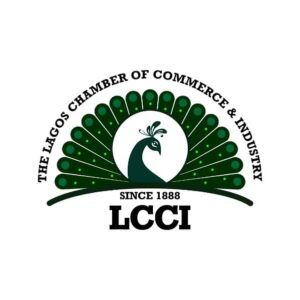
The Lagos Chamber of Commerce and Industry (LCCI) has called for fiscal interventions in critical sectors of the nation’s economy to enable it achieve the much-needed growth.
The Chamber, in a statement tagged ‘LCCI New Year Statement on The Economy 2023’, and signed by its Director General, Dr. Chinyere Almona, argued that tightening monetary policies, as being presently done by the Central Bank of Nigeria (CBN), would not fight inflation, unless some challenges facing the economy were addressed.
Some of the challenges, the Chamber noted, include: food supply disruptions, high energy cost, scarcity of FOREX, and the security challenges around agricultural production locations.
These challenges, it further argued, had continued to fuel low production and high logistics cost, in the economy.
The business advocacy body, therefore harped on the need for the federal government to support strategic sectors of the economy, such as: manufacturing, agriculture, transport logistics, and also allocate forex to the productive sectors so as to ginger growth.
The Chamber, in its economic growth analysis of the outgone Year 2022, attributed the slowdown from 3.54per cent in Q2 to 2.25per cent in Q3, in the year under review, to the decline in aggregate demand in the face of inflation spikes, commodities’ supply chain disruption, high energy cost and forex scarcity.
It however predicted some level of growth in sectors such as: manufacturing, agriculture, transport, telecommunications, and trade, in the new year.
According to the Chamber, with Nigeria having the third largest subscriber base in Africa (after South Africa and Egypt), the telecoms sub-sector would record growth above the 10.1% achieved in Q3 of 2022.
The projected growth, it stated, would be driven by the growing deployment of Payment Service Banks (PSB) by the telcos, increase in subscribers using more telcos’ services, and the expected innovation coming with the launch of the 5G technology.
The group also argued that through targeted financing of the nation’s agricultural sector, the sector would be able to improve on the positive performances experienced throughout the year 2022.
” In 2023, government’s intervention, through targeted financing support to this sector, can boost agricultural production, create jobs, and lower the spiking food inflation that has been responsible mainly for the rising headline inflation all through 2022,” it stated.
While urging the federal government to escalate plans of establishing special economic zones where agro-processing activities could be scaled up for finished products, both for local and international markets, the Chamber also reiterated the vast opportunity the African Continental Free Trade Agreement (AfCFTA) provides businesses in the country.
The Chamber also stressed the need for the federal government to embark on urgent, targeted financing support to critical productive infrastructure in the country to enable the manufacturing sector contribute substantially to the nation’s GDP.
Commenting on the controversial issue of fuel subsidy removal, the Chamber asked Nigerians to brace up for some shocks to the economy, if eventually removed by the new administration.
” In the case of subsidy removal by the new administration, we should expect some shocks to the economy in the short term with possibility of adjusted pricing and demand in response to market forces in the long run.
” The Dangote Refinery coming into operations by mid-year will boost production levels and support growth in the manufacturing sector.
” However, the contribution of manufacturing to GDP may fall from the 8.2% recorded during the third quarter of 2022 except the Government takes urgent and targeted financing support to critical productive infrastructure in the country,” the Chamber added.









Comments